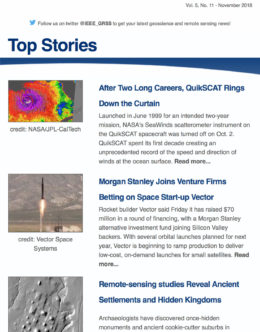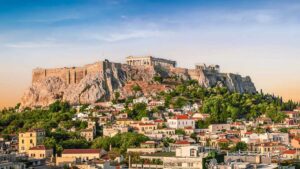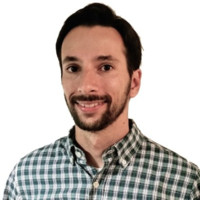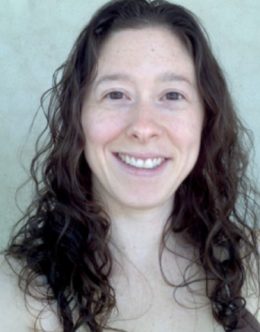Distinguished Lecturers and Industry Speakers Program
The GRSS Distinguished Lecturers and Industry Speakers Program is a service of the GRSS and its members to support our chapter activities. Our goal is to provide chapters with access to leading professionals and practitioners in geoscience and remote sensing. It is an opportunity for chapters and students to hear talks about work being done in our fields of interest and to meet with some of the prominent members of our Society.
Travel reimbursement funds are provided to speakers to enable their visits to chapters. Visits to more than one Chapter in a region are encouraged, and speakers are encouraged to spend overnight visits to provide more opportunities for interactions.
Topics presented by Distinguished Lecturers tend toward more academic and leading-edge fundamental research in geoscience and remote sensing. Topics may also include reviews of particular technologies and applications in the speaker’s area of expertise. Distinguished Lecturers often are IEEE Fellows whose fundamental contributions have been internationally recognized, and they act as a source for mentoring and further guidance to students in their professional development. Distinguished Lecturers may come from academia, industry, or government and often move between these sectors, but typically are more closely associated with academia.
Similarly, Industry Speakers provide students with direct access to top technology industry leaders and innovators from every sector of the geoscience and remote sensing community. Industry Speakers often provide insights on advancing and succeeding within industry cultures from examples in their own careers. They can describe the successes and challenges they encounter advancing innovative, practical or commercial applications. Industry Speakers also often move between academia, industry or government at various points in their careers, but typically are from large and small industries, including start-ups.
Perhaps, the best guide in requesting speakers is to examine the short bio-sketches and topics listed for each speaker.
Requests for Distinguished Lecturers and Industry Speakers are initiated by selecting the icon “HOW TO BOOK A SPEAKER.” At the conclusion of a visit, the chapter completes a DLP Chapter Report by selecting the icon “GRSS DLP CHAPTER REPORT” that assists GRSS in improving the program. Distinguished Lecturers and Industry Speakers complete a DLP Speaker Report by selecting the icon “GRSS DLP SPEAKER REPORT” following their visit.
As of 22 April 2022, in line with the advice of health authorities regarding current pandemic risks and a return to in-person meetings and domestic and international travel in many regions, the current IEEE pandemic travel policy is as follows:
- All IEEE Volunteer travel and associated meetings must adhere to all appropriate guidance from cognizant local public health authorities. Local policies around meetings and travel vary across the globe and continue to evolve
- Volunteers engaged in IEEE related travel and in-person activities acknowledge the continuing risk of exposure to COVID-19. Volunteers should understand that IEEE will not indemnify them for any health risk or economic or other loss resulting from exposure to COVID-19 during IEEE activities
- IEEE will not reimburse costs associated with mandatory or self-quarantine or isolation associated with IEEE Volunteer travel. If there is a risk of quarantine on entering or departing an area, IEEE Volunteers should instead plan to participate virtually when possible using IEEE video and teleconferencing tools
- For any questions, contact the Distinguished Speakers Program Chair at: distinguished_lecturers_chair@grss-ieee.org
Available Distinguished Lecturers
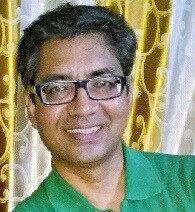

B.S. Daya Sagar
Indian Statistical Institute-Bangalore Centre
(1) Mathematical Morphology in Geoscience, Remote Sensing and Geospatial Data Science: An Overview; (2) Processing and Analysis of Digital Elevation Models (DEMs) via Binary and Grayscale Granulometries, Morphological Interpolations, and Morphological Distances ____________________________________ Languages Spoken: English, Telugu ____________________________________ Term: 2020-2024
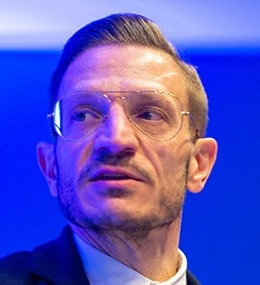

Carlos López Martínez
Universitat Politècnica de Catalunya, Barcelona, Spain
(1) Basics of SAR Polarimetry; (2) SAR Polarimetry: Theory and Applications; (3) SAR, SAR Polarimetry & Multitemporal SAR Statistical Description ____________________________________ Languages Spoken: English, Spanish, French ____________________________________ Term: 2020-2024
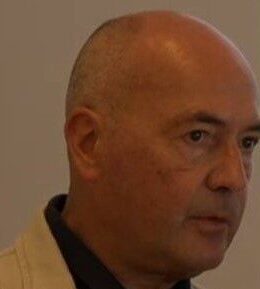

Mihai Datcu
German Aerospace Center DLR, Germany
(1) Earth Observation Data Intelligence and Knowledge Discovery & (2) Artificial Intelligence for Earth Observation ____________________________________ Languages Spoken: English, French, German, Spanish, Romanian ____________________________________ Term: 2021-2024
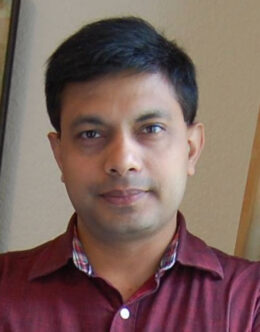

Dr. Kumar Vijay Mishra
United States Army Research Laboratory (ARL)
(1) Signal Processing for Joint Radar-Communications; (2) Sparse Reconstruction for Radar Remote Sensing; (3) Deep learning for mmWave and THz beamforming applications; (4) Metasurface antennas for radar and communications ____________________________________ Languages Spoken: English, Hindi ____________________________________ Term: 2024-2027
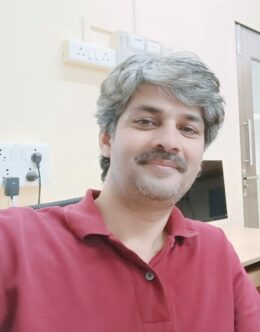

Prof. Gulab Singh
Centre of Studies in Resources Engineering (CSRE) at the Indian Institute of Technology Bombay (IIT Bombay).
(1) Radar Remote Sensing of the Earth’s Cryosphere; (2) Radar Polarimetry Methods for Diagnosis of Geo-/Bio-Environmental Health ____________________________________ Languages Spoken: English, Hindi ____________________________________ Term: 2022-2025
Available Industry Speakers
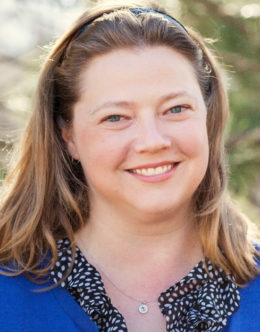

AMANDA O’CONNOR
L3HARRIS GEOSPATIAL, USA
(1) Vegetation analysis and remote sensing (2) Right data for the right applications (3) Hyperspectral applications and gotchas (4) Writing winning proposals (5) Alternative careers in remote sensing ____________________________________ Language Spoken: English ____________________________________ Term: 2021-2024









